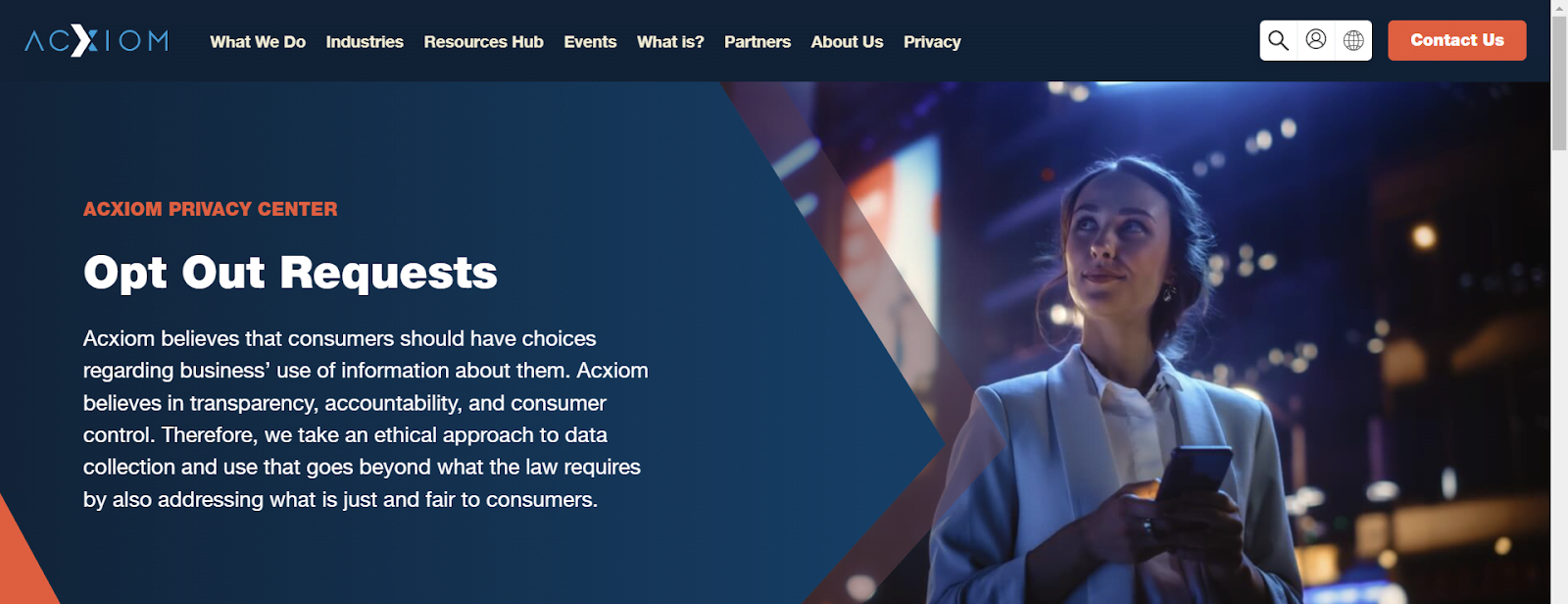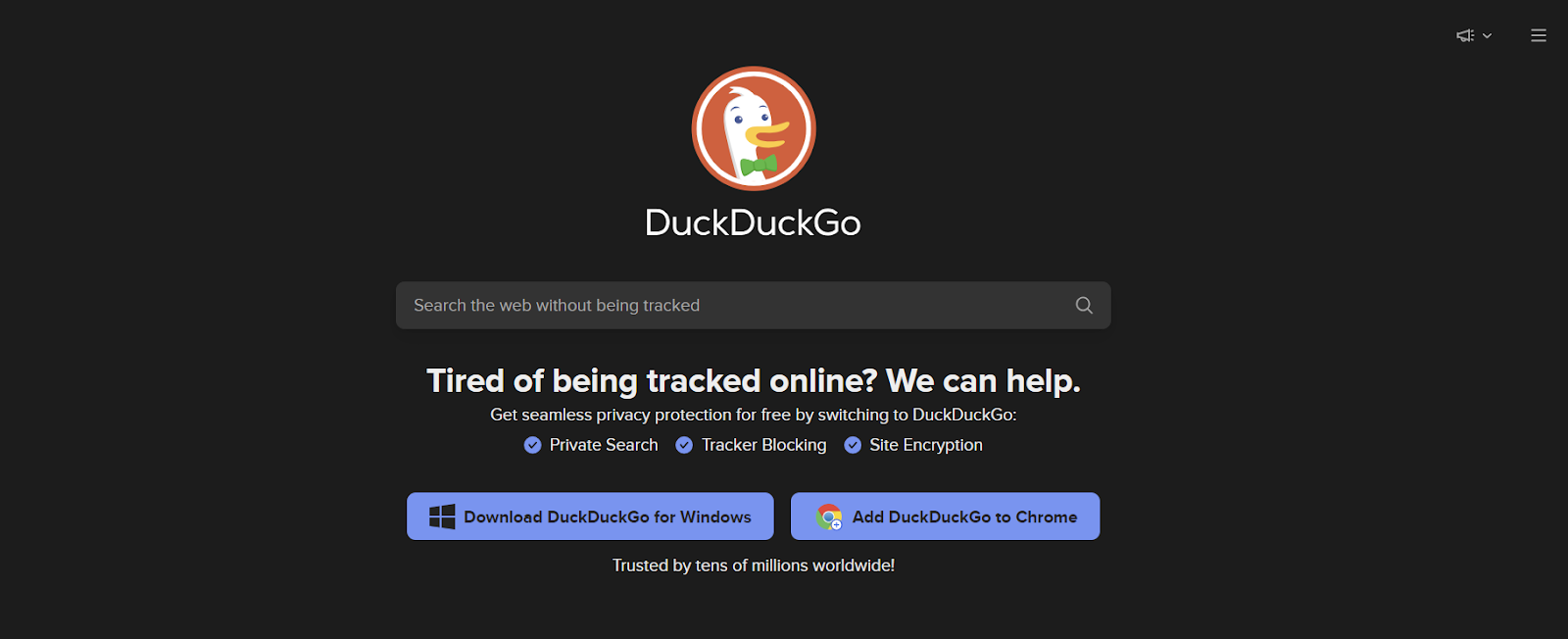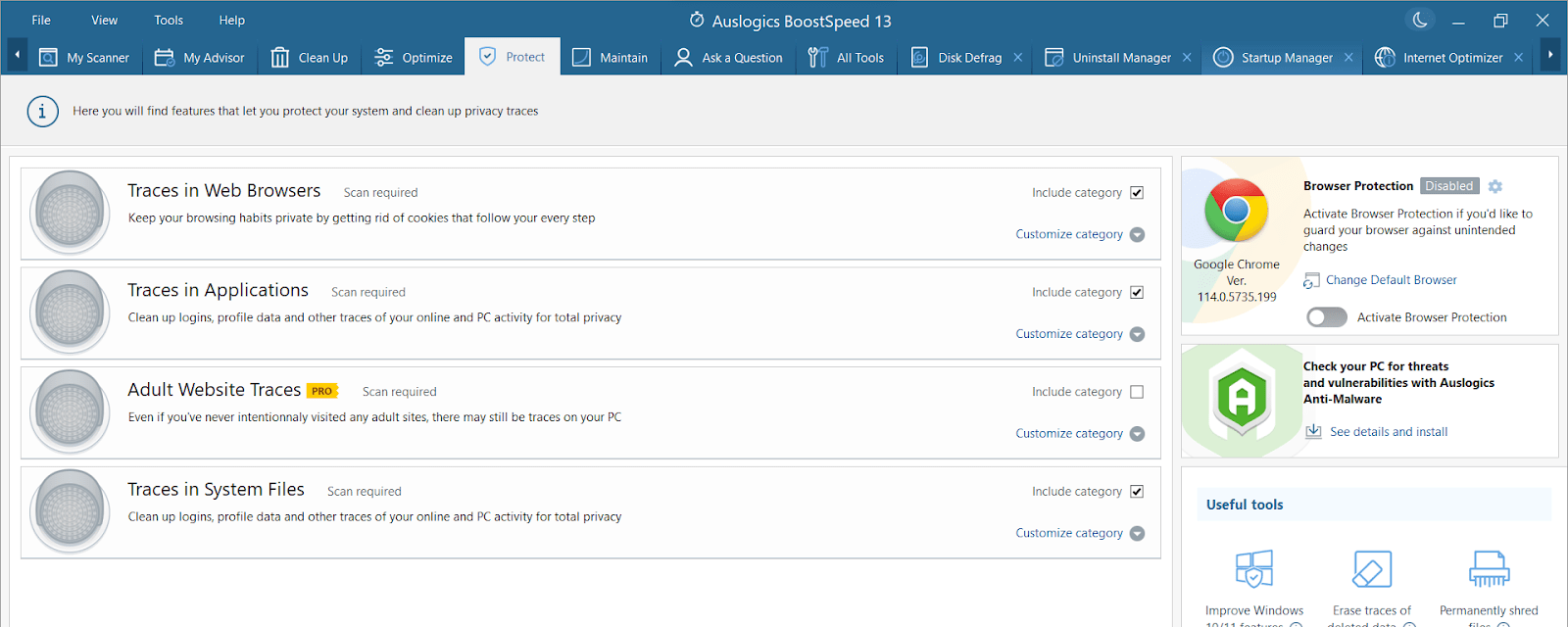In our increasingly digital world, data brokers operate behind the scenes, dealing with a commodity you might not realize is up for grabs: your personal information.
8 in 10 consumers say they are concerned about data privacy, and 69% of adults in the US admit they make trade-offs on certain aspects of online safety in return for greater convenience according to NortonLifeLock’s 2022 report.
According to a CBSNews article, data brokers like Axicom have more than 1500 data points on over 200 million Americans.
But what are data brokers? Simply put, they are companies that collect, analyze, and sell information about consumers.
The scope of their operation might surprise you. They compile massive databases filled with public and private data, covering everything from your online shopping habits to your voting history.
This begs the question, what do data brokers do with all this information?
They leverage it to build detailed consumer profiles, which they sell to other businesses. These profiles help companies make informed decisions, from who to target in advertising campaigns to risk assessment for loans.
Now, you might wonder, what do data brokers know about me? Well, a lot. They potentially know your age, gender, occupation, income level, marital status, purchasing habits and more. Essentially, if it’s data and it’s about you, data brokers likely have their hands on it.
But where do data brokers get information? Their sources are extensive and varied, from public records and social media activity to purchase histories and web browsing patterns. This information is legally acquired, though the ethics of such practices are a matter of ongoing debate.
Understanding the role and operations of a data broker is the first step towards reclaiming control over your personal information.
In this comprehensive guide, we’ll delve deeper into the world of data brokers, their practices and how you can protect your data privacy in the digital age.
Understanding Data Brokers
Data brokers are firms that compile, analyze, and sell personal data about individuals. They play a crucial role in the digital ecosystem by collecting raw data from various sources, processing it and selling it to other companies.
These companies act as giant librarians of the digital age, gathering vast amounts of information and categorizing it for those willing to pay for access.
Types of Data Brokers
Data brokers can be categorized into three types:
Traditional demographic data brokers: They deal with information such as age, gender, income, and occupation.
Online behavior data brokers: They specialize in data related to search histories, online purchases, and social media interactions.
Inferred data brokers: They focus on predictions about consumer behavior or preferences.
The Role of Data Brokers
Data brokers sift through immense quantities of data to extract relevant information and build detailed profiles. Using sophisticated algorithms, they can even predict personal attributes or future behavior. This valuable insight is then sold to various industries.
For example, if a data broker predicts that someone is likely to buy a car soon based on their online activity, this information can be sold to a car company for targeted advertising.
Key Players in the Data Broker Industry
The data broker industry is vast – includes major companies like Acxiom, Experian, and CoreLogic. These firms maintain extensive databases with information about millions or even billions of individuals globally.
Remember to stay informed about digital privacy and take steps to protect yourself on the internet.
Interrogating Data Broker’s Practices
When it comes to privacy and personal data, some of the most pressing concerns revolve around what data brokers know about individuals and where they obtain this information. The answers might surprise, and perhaps even concern you.
Let’s start with the first question. Essentially, they know as much about you as they can gather. The specifics depend on their data sources and the nature of their business. Here are a few types of data they may have about you:
- Demographic information: age, gender, race, marital status, and more.
- Socioeconomic data: income level, occupation, education, and property ownership.
- Behavioral data: purchase history, online browsing habits, social media activity.
- Health-related data: medical history, insurance information, lifestyle habits.
- Geographical data: current location, past addresses, travel history.
However, their knowledge about you doesn’t stop at mere data collection. They also use advanced analytics to infer additional details. This can include your personal preferences, future plans, or even your potential risks as a customer.
All these factors contribute to a comprehensive and alarming precise profile about you.
Now, let’s address the second question: where do data brokers get information? The answer is a broad spectrum of sources. Public records, customer databases, social media platforms, and various online services are all fair game.
Here’s a closer look at some of these sources:
- Public records: These include government documents such as birth, marriage, divorce, and property records, which are available to the public.
- Online activity: Data brokers can collect data from your online activities, like the websites you visit, your online purchases, and social media interactions.
- Third-party data: This could be data purchased from other companies, such as retail outlets or financial institutions.
- Surveys and forms: Information that you voluntarily provide, such as surveys or subscription forms, can also be a data source.
While the practice of gathering information from these sources is generaly legal, it certainly raises ethical questions. For instance, is it fair for a company to sell your data without your explicit consent? Should there be stricter regulations about what types of data can be collected and how they can be used?
Conclusively, the concerns surrounding what do data brokers know about me and where do data brokers get information are valid and need attention. The collection and use of personal data is a complex issue with far-reaching implications. As we delve further into this topic, it’s essential to remember that knowledge is power. By understanding the practices of data brokers, you’re arming yourself with the tools necessary to reclaim control over your personal data.
Taking Action Against Data Brokers
Given the vast amount of information data brokers possess about us, it’s only natural to wonder how to remove your info from them. Protecting your personal information from these data giants may seem like a daunting task, but with the right approach, it is possible to regain some control.
The first step to removing your information from data brokers is understanding that that each broker has a different process. Some require a simple online form submission, while others demand a written request. Here are general steps you can follow:
1. Identify the data brokers: Do some research to find out which data brokers have your information. Start with the major players in the industry like Acxiom, Experian, and CoreLogic.
2. Find the opt-out procedure: Visit the data broker’s website and look for their data removal or opt-out policy. This should provide you with instructions on how to request the removal of your data. Here’s some links that can help:

3. Submit a removal request: Follow the provided steps to submit a removal request. This may require you to provide some identifying information to verify your identity.
4. Follow up on your request: After you’ve submitted your request, ensure to follow up. Some data brokers may take weeks to process your request, and others may require you to repeat the process periodically.
These steps may seem straightforward, but you should be prepared for some hurdles. Some data brokers can be unresponsive or make the opt-out process intentionally complex to discourage removal requests. Don’t get disheartened. Persistence is key when learning how to remove your info from data brokers.
In some cases, legal challenges have resulted in tighter regulations for data brokers and increased privacy rights for individuals. These victories serve as reminders that while the task may seem formidable, it is possible to fight back and regain control over your personal data.
Easier Way of Requesting Deletion from DataBrokers
Since doing it all yourself requires some legwork on your part, there are also some third-party solutions like PrivacyBee and Incogni which claim to automatically request data brokers to remove your data and come with a fee. They cost around as much as a Netflix subscrption.
In conclusion, understanding how to remove your info from data brokers is a significant step in reclaiming your data privacy. It may be a challenging journey, but every step you take empowers you and helps pave the way for a more privacy-conscious society.
Proactive Measures: Protecting Your Data
While knowing how to remove your information from data brokers is critical, it’s equally crucial to understand how to protect your data in the first place. The best defense is a good offense, and this adage rings true in the realm of data privacy.
Here are some practical strategies you can employ to reduce your digital footprint:
- Limit what you share online:
Be cautious about what personal information you share on the internet, especially on social media platforms. The less data available, the less data brokers can collect.
- Browse privately:
Use private browsing modes, VPNs, or privacy-focused browsers to limit tracking of your online activity.
Related: What is the Best Internet Browser?
- Opt-out of data collection:
Many websites and services offer the option to opt-out of data collection. Take the time to adjust these settings.
- Be aware of privacy policies:
Before using a service, ensure you understand its privacy policy. Know what data they collect and how they use it.
It’s worth noting that while these steps can reduce the amount of data collected about you, it’s virtually impossible to completely evade data brokers. As long as you engage with the digital world, some data collection is inevitable.
- Use Privacy-focused Services

In addition to these steps, consider using privacy-focused products and services. Companies like DuckDuckGo and Signal prioritize user privacy and limit data collection. Using these alternatives can significantly decrease your data trail.
- Do Your Part
Advocacy is another crucial aspect of protecting your data. Support organizations and lawmakers who fight for stricter data privacy laws and regulations. By making your voice heard, you can contribute to broader societal changes towards data privacy.
As we look forward, changes in data privacy norms and regulations are on the horizon. The growing public awareness and concern about data privacy are leading to increased scrutiny of data brokers and their practices. Emerging technologies, such as blockchain and differential privacy, hold promise for more privacy-conscious data practices.
- Consider Auslogics BoostSpeed 13

Auslogics BoostSpeed is the ultimate tool for your PC to keep it running smoothly and it comes with cutting-edge privacy features as well that removes your traces from web browsers, applications, etc. It’s yet another layer of limitation for data collectors which is great for you!
Conclusion
Regaining control over your personal information in the digital age may seem like an uphill battle. Data brokers are an integral part of the digital economy, operating in the shadows, harvesting vast amounts of data, and often leaving individuals feeling powerless.
Understanding how data brokers work, what they know about you, where they get the information, and how to remove your data is the first significant step in this battle. Following this, proactive measures such as protecting your data and supporting data privacy initiatives further strengthen your position.
The fight for data privacy is not just a personal battle but a societal one. As we move towards a more digital future, the way we handle personal data will fundamentally shape our society. By taking action, you’re not just reclaiming your privacy; you’re contributing to a future where data privacy is a norm, not an exception.
In this digital age, personal data has become a valuable currency. But remember, it’s your data, and you should have the final say in how it’s used.



